Emotions are the unique style of human beings, and emotional management skills are important interpersonal skills in life and in the workplace.
Especially in the workplace, there are often more negative emotions because of work.
In the second session of the forum, we invited Professor Wu Zongyou from the Department of Psychology of National Taiwan University to talk to us about what emotional management is from an academic perspective.
and invited Zhang Tingwei, chairman of Mingchang International, to provide us with emotional management methods from the experience of the second generation.

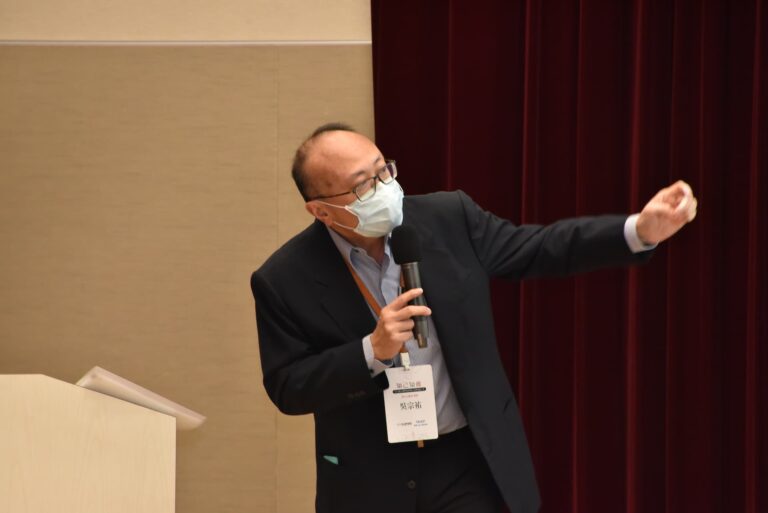
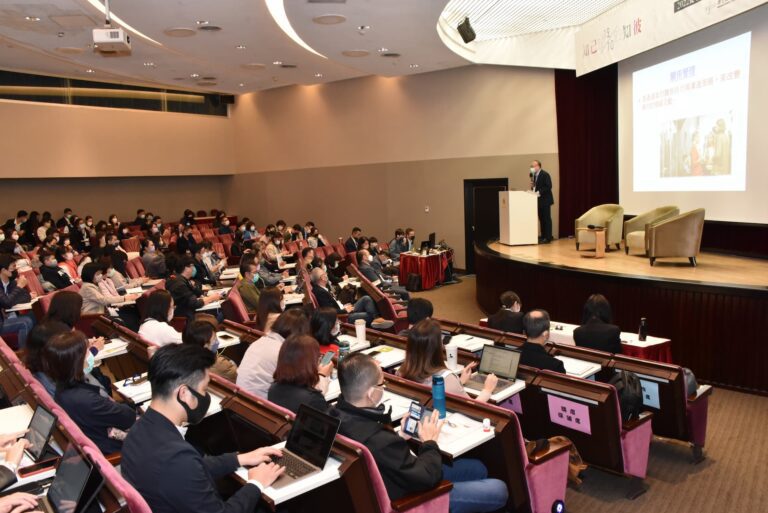
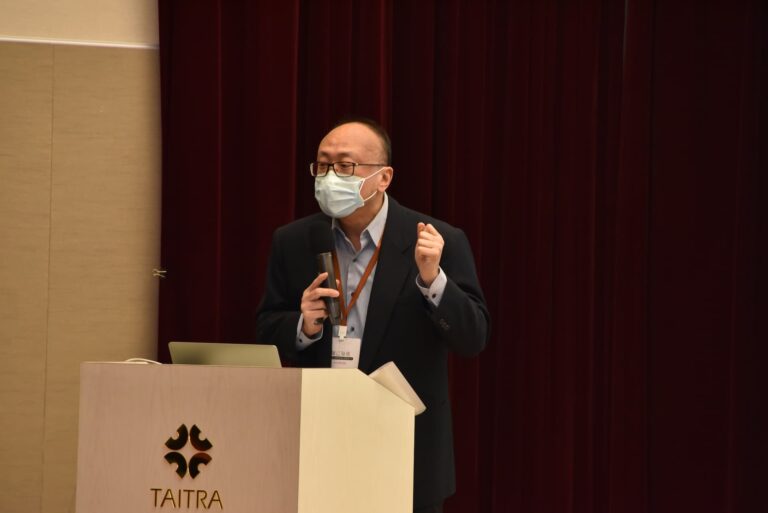
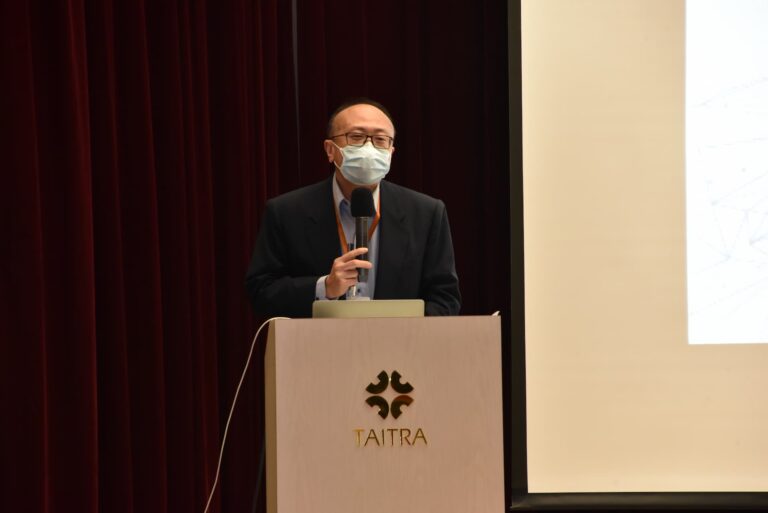
Talking about emotion management and leadership effectiveness
At the beginning, Professor Wu Zongyou used a case to illustrate what we can do when negative emotions are managed in the workplace.
First, we can ask ourselves the following four questions: 1. How can I have such emotions? 2. What are the emotions of subordinates? 3.How can I adjust my emotions 4.What can I do to change the emotions of my subordinates?
Use emotion management to help yourself and your subordinates and create an emotional leadership advantage.
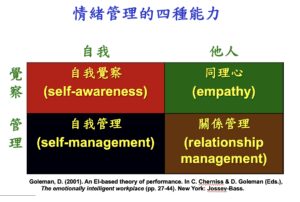
Four competencies for good emotion management
Citing Daniel Goleman’s theory, Professor Wu divides emotion management into four quadrants: self-awareness, self-management, empathy, and relationship management.
Self-awareness: Awareness is the beginning of change, understanding one’s inner feelings, and reflecting on why these feelings are there and what are the consequences of those feelings?
Empathy: Aware of other people’s emotions or moods, and experiencing and understanding other people’s emotions and thoughts. Professor Wu offers the art of empathy: observing the unusual reactions of others, inconsistent reactions, and recurring patterns. Finally, clarify the “why”, i.e., the context in which these acts occur?
Self-management: Effectively deal with one’s negative emotions and express one’s emotions in a timely, appropriate and appropriate manner. Of course, when there is an emotion management disorder, there are three ways to rescue it: before the interaction, discuss with others, rehearse, take a deep breath during the interaction, or temporarily move away from the scene, and after the interaction, repair the relationship.
(Professor Wu especially reminded that controlling emotional impulses is not the same as suppressing emotions and not expressing them, and even recommended the book “A Good Supervisor Must Learn to Scold“, which teaches supervisors to ‘express emotions’)
Relationship Management: Transform the emotional interactions of both parties through appropriate relationship skills and communication strategies. Make good use of the relationship management trilogy|Objectively state the facts, care about the other party’s position, and express your own position.
Finally, Professor Wu concluded that these emotion management skills only provide a framework and system that can integrate your emotion management methods into this framework.
Emotion Management Methods|Mingchang International Change Experience Talk
At the beginning, Chairman Zhang Tingwei allocated a video to briefly describe the reform process of Mingchang International: 76 years of establishment, 83 years of product reform, 97 years of channel reform, 08 years of management reform, 19 years of digital transformation
Where there is change, there will be conflict, and where there is conflict, there will be the problem of emotional management.
Organizational change and emotion management are intertwined issues, and Chairman Zhang summed up his own experience on how to create leadership advantages through emotional intelligence management.
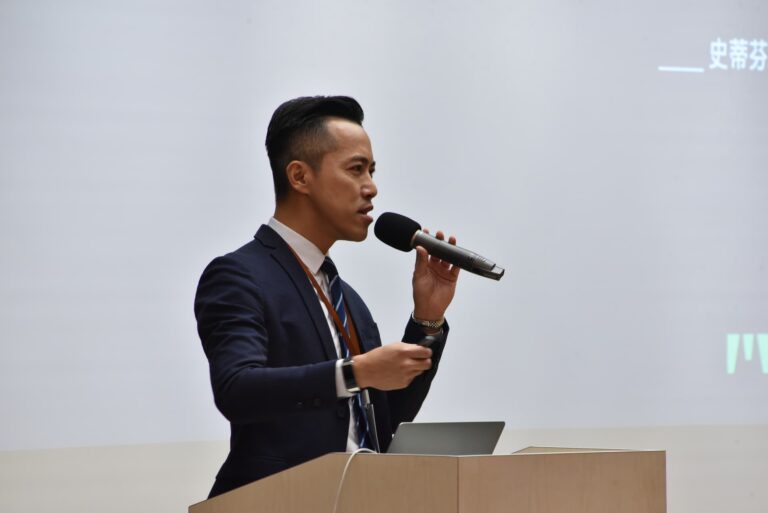
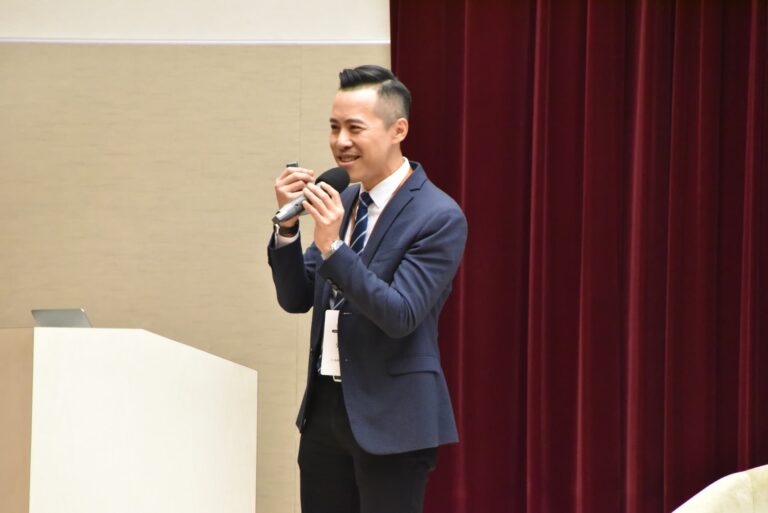
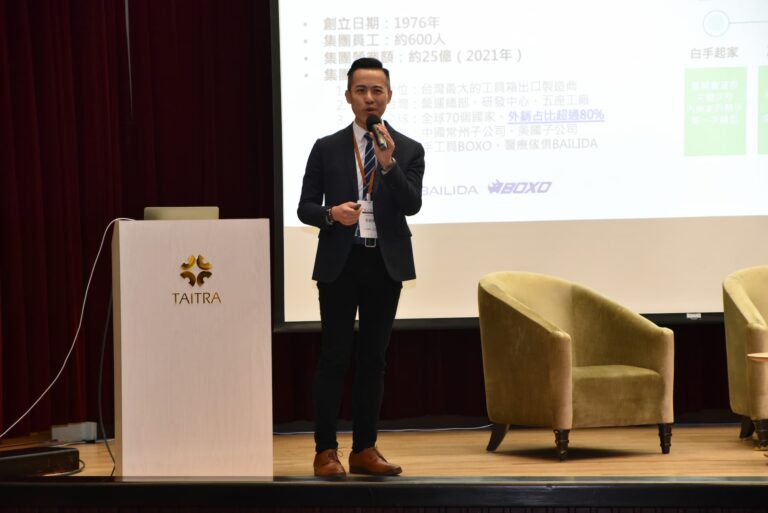
Narrow the circle of attention and expand the circle of influence
Take responsibility for your own life. You are not a victim of genetics, circumstances, or upbringing. Make your circle of influence the center of your life.
Chairman Zhang recalled his experience in the mainland factory, because he did not know people clearly, after the general manager and the business and factory supervisors were poached by the processing manufacturer, the processing manufacturer instantly became a competitor.
In such an environment, there are rumors that the supervisor is also going to jump the nest, and even the business executive has customer resources.
One night, suddenly changed his mind, and Chairman Zhang told himself that he couldn’t pay attention to this matter. The past has already happened, and there is no power to change it.
What should be focused on is the future: what else can I do, who else can I influence, what problems can I solve, and this must be approached positively.
Internally, I don’t want to hear the message of who is going to jump the nest, but instead repair the relationship and stabilize this group of people.
Externally, we began to contact customers and stabilize the source of customers. Narrow down your circle of attention so that you can focus on what you can solve.
Win-win thinking
Win-win is not an interpersonal skill, but a holistic mindset about how to achieve a state of mutual benefit.
Thinking should be established from the mentality: avoid the lack mentality, cultivate the abundance mentality, give more care and courage, and reach a win-win agreement.
Zhang Dong himself often attributes his success to his employees and affirms the merits of others.
Know your opponent and understand yourself
In the process of change, the most common thing to face is internal friction.
The old team couldn’t understand the new team, so Mingchang International spent a lot of time doing organizational integration. Understand and communicate.
Chairman Zhang said that organizing to go outdoors together and participate in experiential activities is a good way for organizational integration.
Because only by going out of the company and doing things other than work can it be possible to understand each other. It is at this time that real human care happens.
It's not the genes that grasp the key to life, it's ours belief !
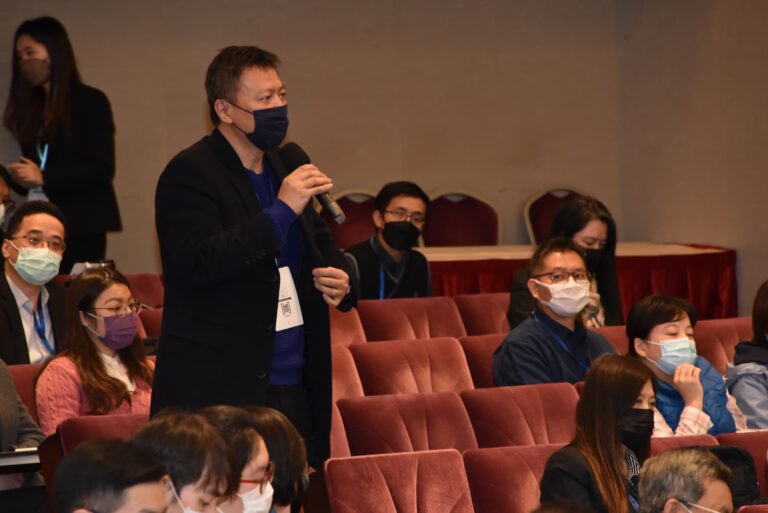
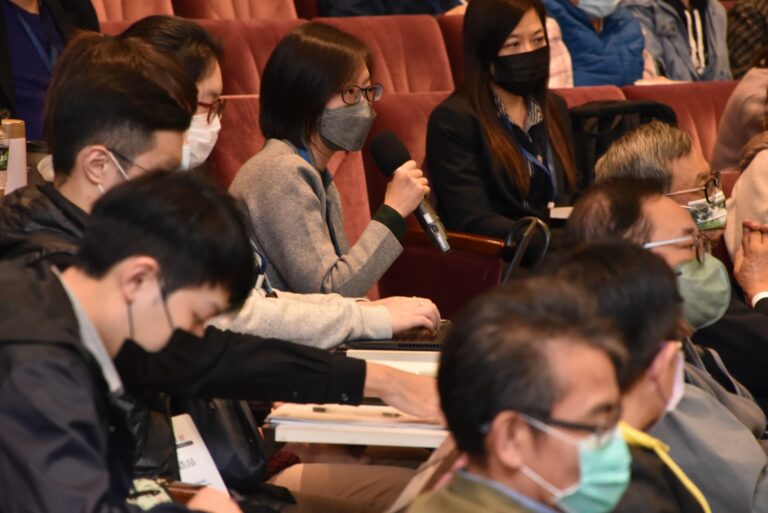
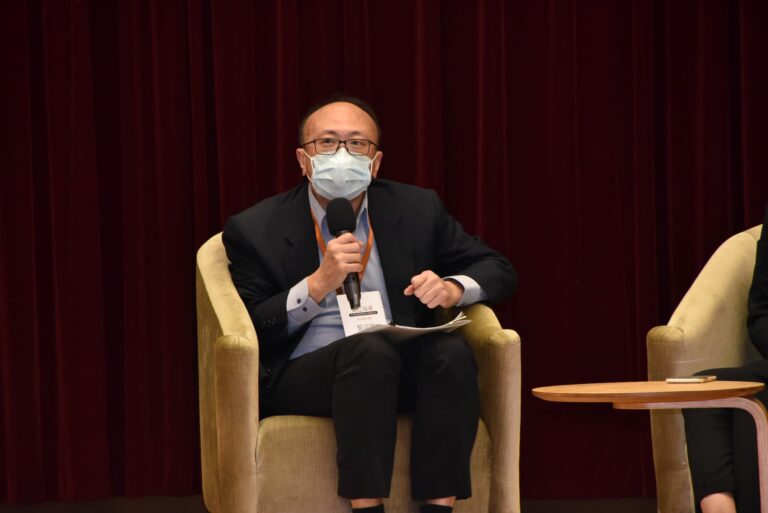
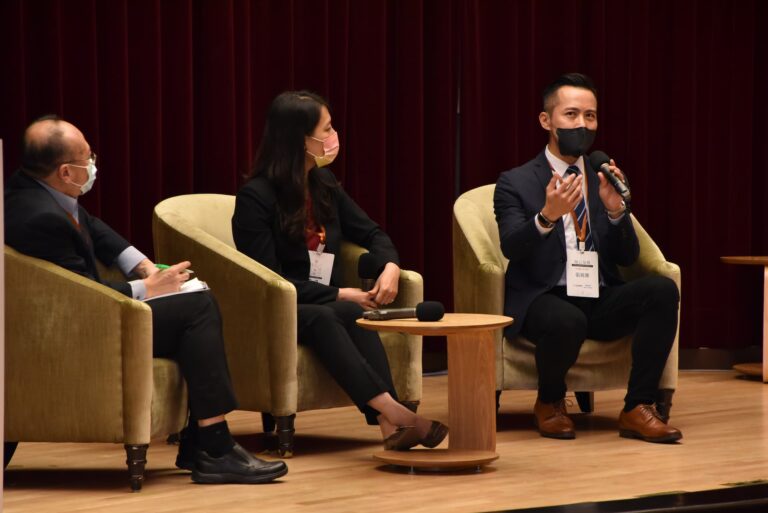
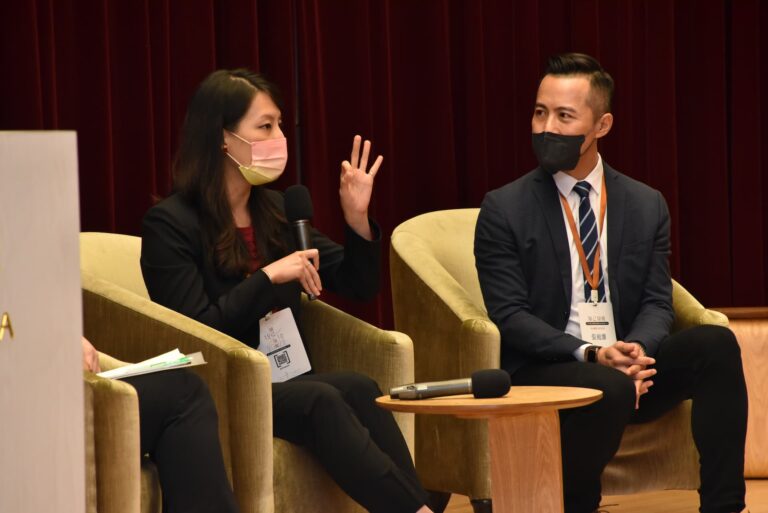
spectator Q & A
Zhang Dong: The suggested text is all neutral text, even if it is a sentence I love you, there are many interpretations. Try not to have too many emotional words in the expression, try to tell the truth. If you have emotions to express, do so over the phone. Really deal with emotions, or deal with them face-to-face.
Professor Wu:
The pandemic has led to changes in work patterns, such as the loneliness caused by WFH, and rapidly changing business models and management. Some supervisors use online tools to monitor the work behavior of their subordinates, but in fact, supervisors should let go moderately, so that work autonomy and work progress can be balanced.
The generational gap is an ever-present problem, and this part must be guided by a curriculum. In the old generation of our factory, the three-character scripture was on the lips. But since the year before, I have asked the supervisor not to scold the three-character scripture anymore. In recent years, a lot of education and training have been held (including inviting Kang Shiteng), which is to allow the integration between generations.
That’s a big question about organizational convergence. For example, the handover of the old and new general managers already requires a lot of patience. Therefore, to do organizational integration well, you must first have a good organizational culture. Second, it creates a sense of security. Organizational convergence is about creating an environment where new and old generations can communicate with each other with peace of mind.
Estella added that the topic of organizational integration is now the norm, and even the three-year-old company needs to be integrated between the employees who come in the first year and the third year. Because whether it is the market environment or the business format, it is very rapid change in today’s society.
In promoting reform, we should take a step-by-step approach. It is not to directly point out where there is a problem, but to take the old minister to see the advantages of other people’s companies, and when people are aware of their own problems. Subsequent reforms can be successful. Zhang Dong believes that patience is needed for people’s affairs.
In the part of the family business, there is a need for distance between people, and our family’s meals are only eaten at noon, and official affairs cannot be discussed at the dinner table, and public and private affairs are clearly distinguished. It is very important to distinguish roles, and before communicating, we will clarify what kind of role we are talking to.
Prof. Wu: Not saying is actually a way to express emotions. Whether it is expressed implicitly or positively, there must be a reason behind the emotion. Even if it is expressed implicitly, it actually provides an opportunity to solve the problem. If the vague emotions are not caught, the next step will become terrifying. Past studies have pointed out that there are phases of employee turnover, and the first step is to be passive. Therefore, passivity instead expresses a lot of things.
Zhang Dong: I ask managers to communicate with their subordinates at a high frequency but low time, and grasp the state of each employee through short and frequent communication, so that employees’ emotions have a chance to be revealed.
Prof. Wu: There are many ways to express an emotion, such as using another emotion to cover up one emotion. But usually, if there are more informal interactions as Zhang Dong said, it is more likely to see the signs.

You must be logged in to post a comment.